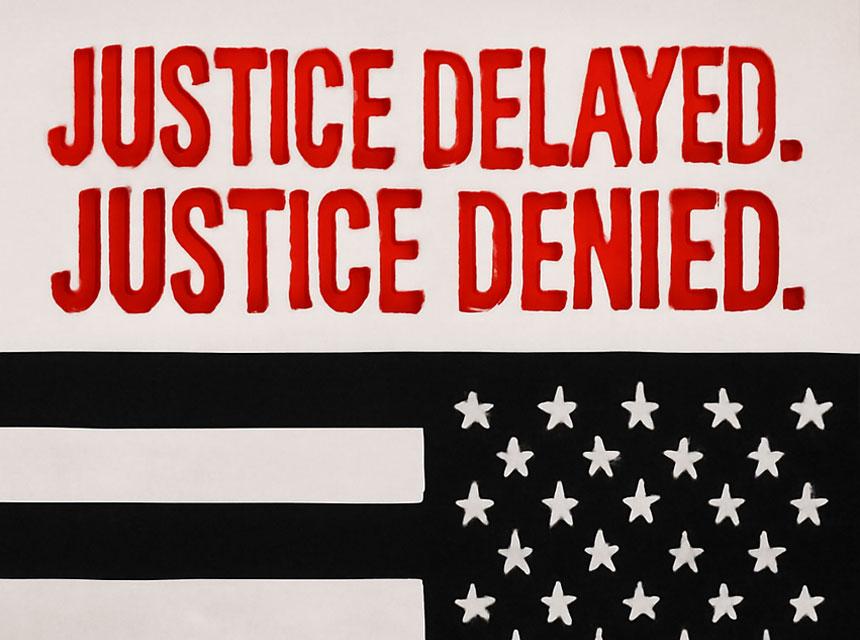Why the DOJ Should Oversee Civil Rights in Education
The closure of several regional offices of the Department of Education’s Office for Civil Rights (OCR) under the current administration exposed deep vulnerabilities in how educational civil rights are enforced. With fewer offices, slower investigations, and limited access for rural and underserved communities, it became clear that the OCR, even before the closures, struggled with longstanding inefficiencies. These gaps have left countless students without timely protection against discrimination based on race, gender, disability, and other protected statuses.
Given these persistent shortcomings, it is time to consider a new approach: transferring the OCR’s core enforcement responsibilities to the Department of Justice (DOJ). The DOJ already possesses the legal authority, expertise, and infrastructure to investigate civil rights violations. Unlike the OCR, the DOJ has a proven track record of conducting thorough, high-stakes civil rights investigations across a broad range of sectors, including education, policing, housing, and employment.
By moving education civil rights enforcement to the DOJ, students and families would benefit from a more powerful and centralized system with greater resources, stronger investigatory tools, and the ability to pursue enforcement actions swiftly and decisively. It would also send a strong message that civil rights in education are as critical as civil rights in any other area of American life.
Ultimately, protecting students’ rights demands more than good intentions—it requires real authority and robust action. The DOJ is well-positioned to deliver the enforcement strength that students deserve.






